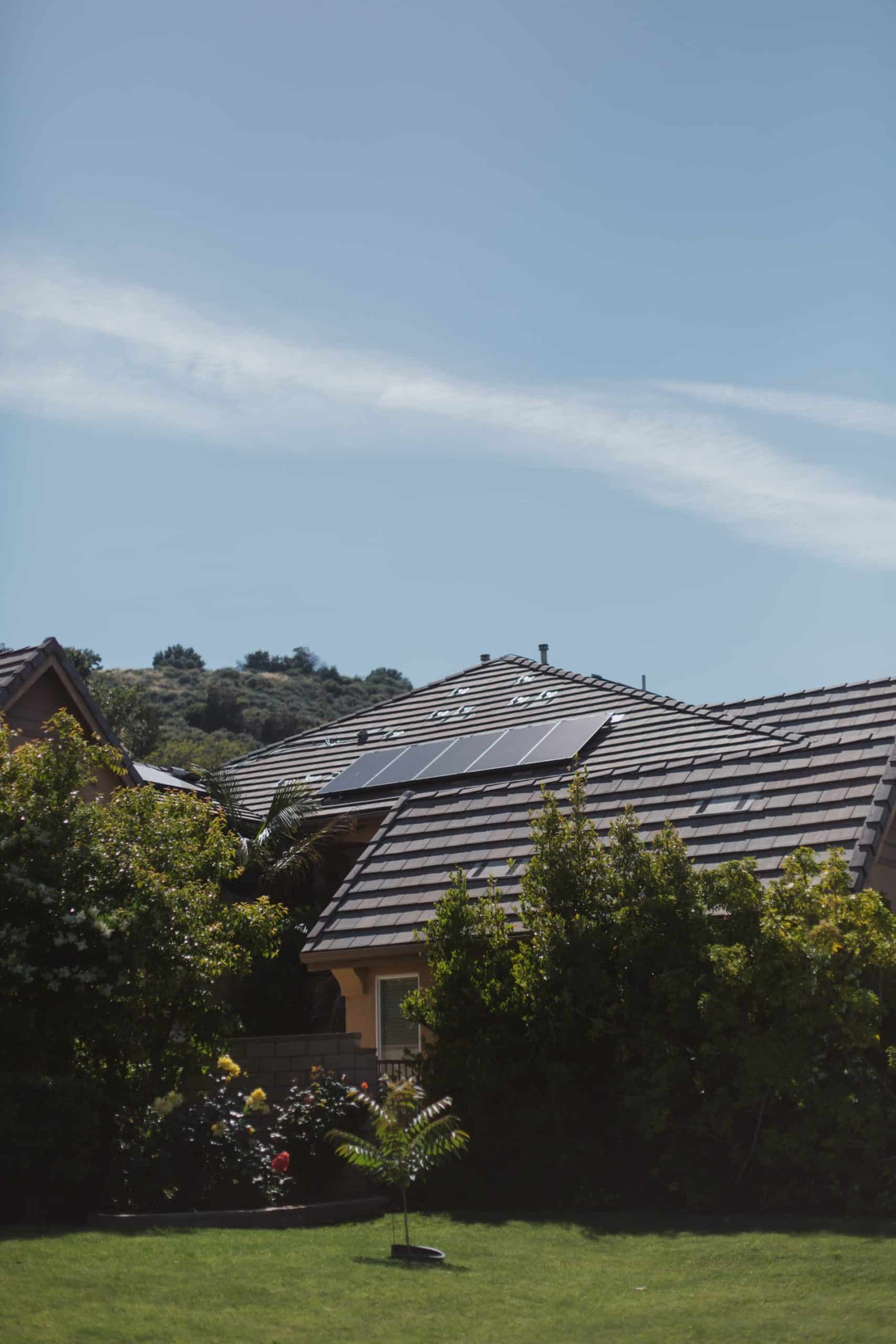The lifespan of a solar panel is finite because the power delivery of the cells decreases with time. The standard useful life of a solar panel ranges between 25-30 yrs post-installation. NREL Studies show the median degeneration pace of photovoltaics to be 0.5% per year and the mean rate to be 0.8% per annum. Therefore, it takes the cells about 20 years to reduce their efficiency to approximately 90%.
IMAGE: UNSPLASH
Why Do Solar Panels Wear Out?
Solar panel durability is generally good, but, as the lifetime of a solar panel goes on, it slowly degrades leading to a notable lowering of its productivity.
Here are some of the contributing factors:
- Fluctuation in temperatures causes expansion and contraction leading to cracking, degeneration, and lower energy transmission.
- Solar panels are known to lose efficiency over time from natural climatic tendencies. This means that the pace of deterioration may vary with different geographical locations. Rain, snow, and high wind speeds change the surface of PV modules.
Solar panels life expectancy
What Is Solar Panel Degradation?
A crucial element determining the durability of solar panels is the PV modules degeneration rate defined as an accurate quantification of power generation decline over time. According to NREL, the average rate is 0.8%/ per annum.
The concept of solar panel degradation can be explained by briefly delving into the technical specifics of the phenomenon. Various factors lead to the deterioration of PV cells and these may be:
Aging-Related
As they age, PV cells sometimes experience changes in the crystalline structure due to chemical reactions and exposure to the external environment. These changes occur gradually and eventually result in efficiency reduction.
Light-Induced
Cells experience this at first exposure to radiation. This initial deterioration is inevitable and reduces the photoconduction of the cells reducing the efficiency by up to 3%.
Potential-Induced
This rare deterioration occurs when components in the system are at different voltages. Its occurrence decreases the power output and drastically reduces panel efficiency by as much as 30%.
Degeneration Due To Poor Quality
The material of construction of the system also determines how rapidly it will degrade. Thinner frames made with the intention of saving costs tend to be more susceptible to damage.
What Happens To Solar Panels After Degradation?
Solar panel life expectancy ranges between 25-30 years. Generally, the useful life of solar panels is deemed to be over when efficiency becomes less than 80%.
Nonetheless, the system continues to produce electrical power. Therefore, though solar panels do lose efficiency over time, they are not rendered useless by the process of degeneration.
How Can You Extend The Life Of Your Solar System?
PV cells do not need much maintenance. The trick is to do the best during the planning and installation phase. Here are some useful tips :
- Poor workmanship during installation can cause a lot of harm to PV cells. From the onset of your recyclable energy journey, you need to choose a knowledgeable installer such as PPM who will make use of high-quality components and meticulously install them.
- In the choice of location, avoiding proximity to physically harmful objects may also extend the life of your system.
- Regular maintenance is crucial to repair broken-down components. This includes cleaning the panels to get the best output from your system.
When Should You Replace Your Solar Panels?
One of the commonly asked questions is: How often do you have to replace solar panels?
Although energy can still be generated after a solar panel’s useful life, it would be wise to replace your PV cells with newer, more efficient ones after the 25-year mark because solar panel reliability is dependent on its efficiency. If you want to know more on how you can replace your solar panels, click here.
Final Words
Though the efficiency of your sustainable energy system will decrease gradually, you can avoid unnecessary early deterioration by conducting research on different service providers prior to making the investment. If you are looking to buy solar power from an honest and reputable firm, look no further than PPM.
Check out our products, consult experts to discuss your green energy needs, and request a quote for high-quality, durable PV cells today.
If you are interested in even more technology-related articles and information from us here at Bit Rebels, then we have a lot to choose from.


COMMENTS